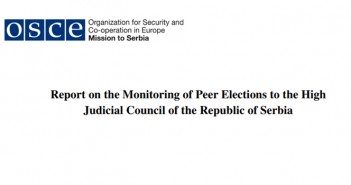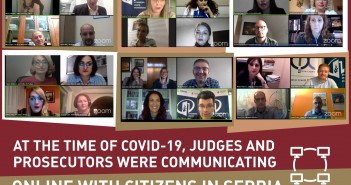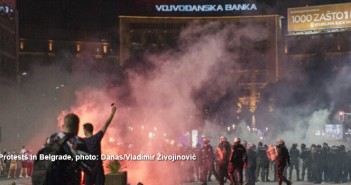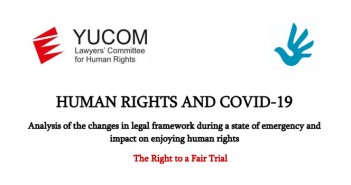
This report is the result of the OSCE Mission to Serbia’s (hereinafter: the OSCE Mission) efforts to monitor the peer elections of judges to the High Judicial Council (HJC), conducted from October to December 2020. The Serbian non-governmental organization YUCOM served as an implementing partner in monitoring the election. Activities included: monitoring the nomination processes in selected courts; monitoring peer elections across Serbia; analysing the underlying legal framework; and interviewing judges who participated in the process.










